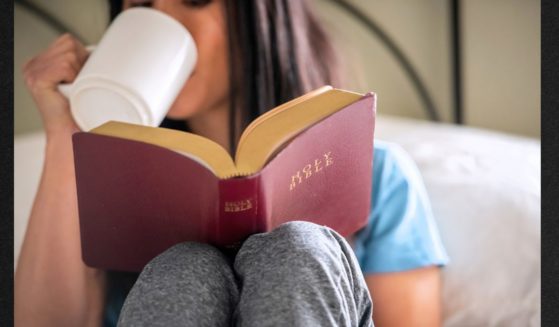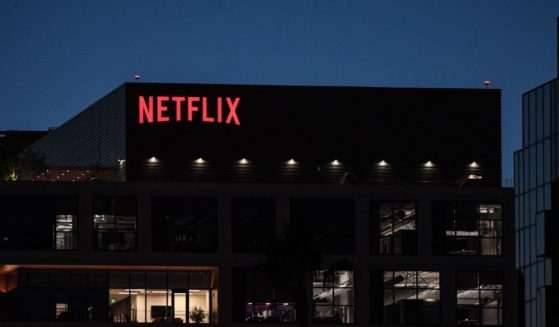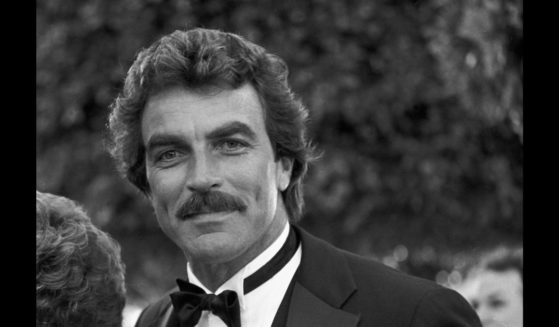DNC Devises Random 'Lottery' System Designed To Make Candidates Equal During Debates
While the first primary elections in the 2020 electoral season are still many months away, there are already roughly two dozen Democrats vying for their party’s presidential nomination, and that number could grow over the next few months.
The abundance of candidates has presented a particular problem in terms of the impending Democratic primary debates, as there are too many individuals running to grant each one a podium on stage and adequate time to speak during such events.
The Hill reported, however, that the Democratic National Committee has devised a plan to address that potential problem: a “lottery” drawing among all of the candidates qualified for the debates that would randomly assign each to one of the two nights scheduled for the first major debate in June.
That revelation came during The Hill’s interview with DNC chairman Tom Perez, who attempted to explain how the random lottery drawing would serve to transparently place all of the candidates on equal footing, even as he admitted his organization had yet to work out the “precise methodology” for doing so.
“We’ll certainly make sure we do it in a way that is transparent for all of the candidates involved because obviously, we want them to see for themselves that we meant what we said,” Perez told The Hill.
While there are some two dozen Democratic candidates in the running, it has already been determined that only the top 20 candidates will participate in the two-night opening debate event on June 26 and 27.
As it stands now, the criteria to qualify for the debate includes a candidate having received donations from at least 65,000 individual donors and to be polling at 1 percent or higher among a handful of sanctioned polls, with potential tie-breakers at the bottom tier of qualifiers to involve delving into exact donor totals and precise polling average percentages.
That is, by design, different from how the Republican National Committee handled the GOP primary debates in 2015-2016, when some 17 candidates were initially running and the field was split in two for separate debates based solely on a candidate’s position in the polls, which resulted in highly-watched main debates involving top-tier candidates followed by much less-watched debates involving the lower-tier candidates.
“I don’t want people thinking that night one is the varsity event and night two is the JV, or vice versa,” Perez said of the random drawings to set the fields for the dual debates. “We’re going to make sure that we mix it up.”
A potential problem with the random drawing that has garnered some attention, however, is the possibility that the end result of the lottery could be that one of the decidedly top-tier candidates — such as former Vice President Joe Biden or Vermont Sen. Bernie Sanders — could find themselves on stage surrounded by nothing but unknown candidates who have no real shot at winning the nomination.
Perez seemed to dismiss that notion, and said, “We wanted to make sure we didn’t have our thumb on the scale.”
The above-mentioned criteria to be included in the debates are expected to hold for the first several events but will undoubtedly be made more stringent for future debates heading into the actual primary elections.
“We clearly have to adjust the thresholds, and if you look at history, that’s what has happened over time,” Perez said.
“People have to demonstrate progress and those that do will stay on the debate stage. Those that don’t, won’t.”
Perez added, “Our north star is to make sure everyone gets a fair shake.”
“We were very transparent because we wanted to give everybody ample time to qualify,” he said of the established criteria for inclusion in the debate lottery.
“People have known the ground rules for some time and we’re not moving the goalposts in any way, shape or form.”
As for his decision to exclude the “unfair” Fox News as a host for any of the DNC debates, Perez stood by it and said, “I need to have 100 percent confidence before I commit to any partnership and I frankly just don’t have that.”
He added, “I didn’t have it then and I don’t have it now.”
It remains to be seen if Perez’s random lottery drawing will prove sufficient to make the inevitable debacle that will be the DNC primary debates any more interesting and watchable than if some other idea was utilized.
Hopefully the field will soon be whittled down to a more manageable size so there will be no need for lottery drawings or two-night events to give all candidates still in the running a “fair shake” at speaking their piece.
Truth and Accuracy
We are committed to truth and accuracy in all of our journalism. Read our editorial standards.












